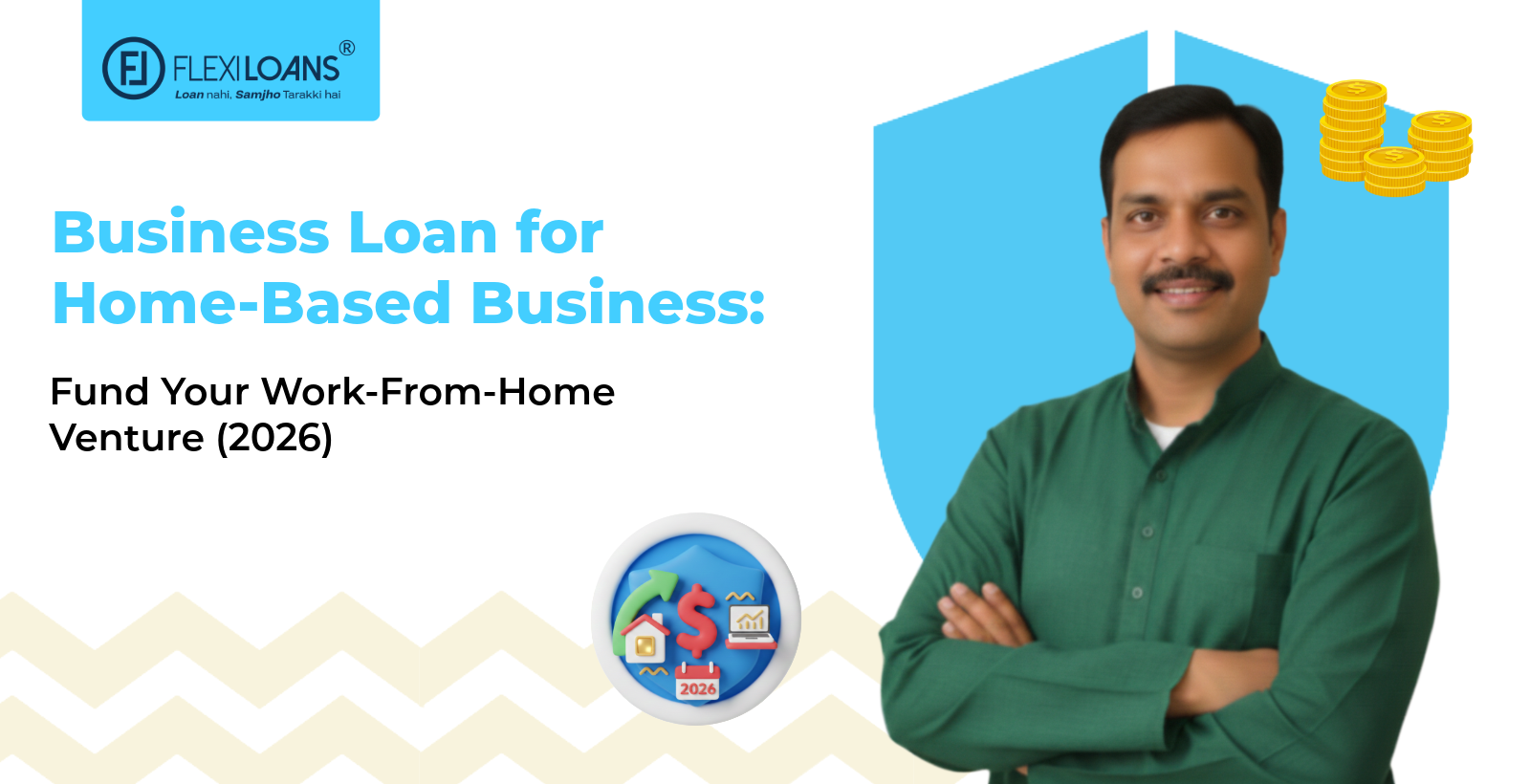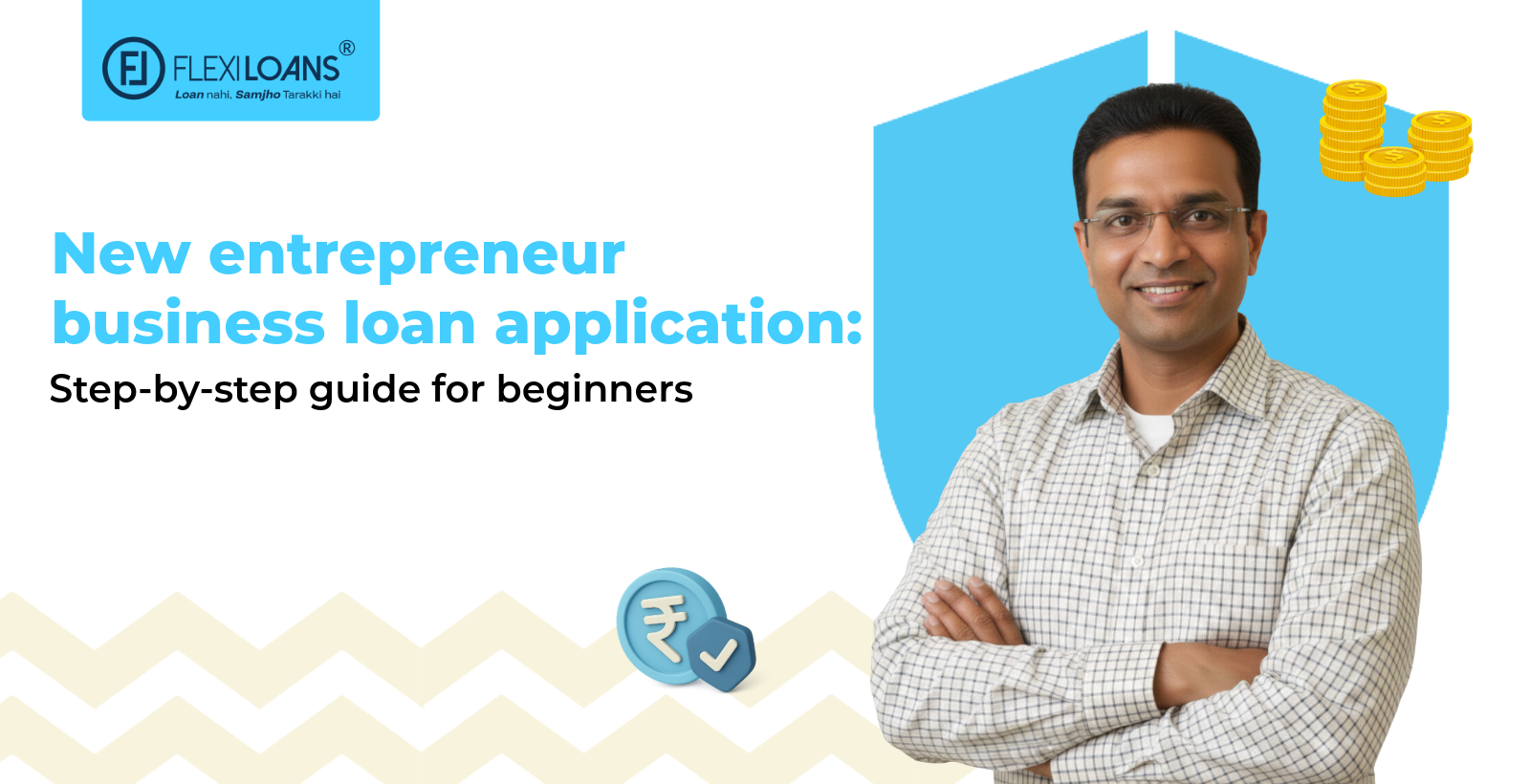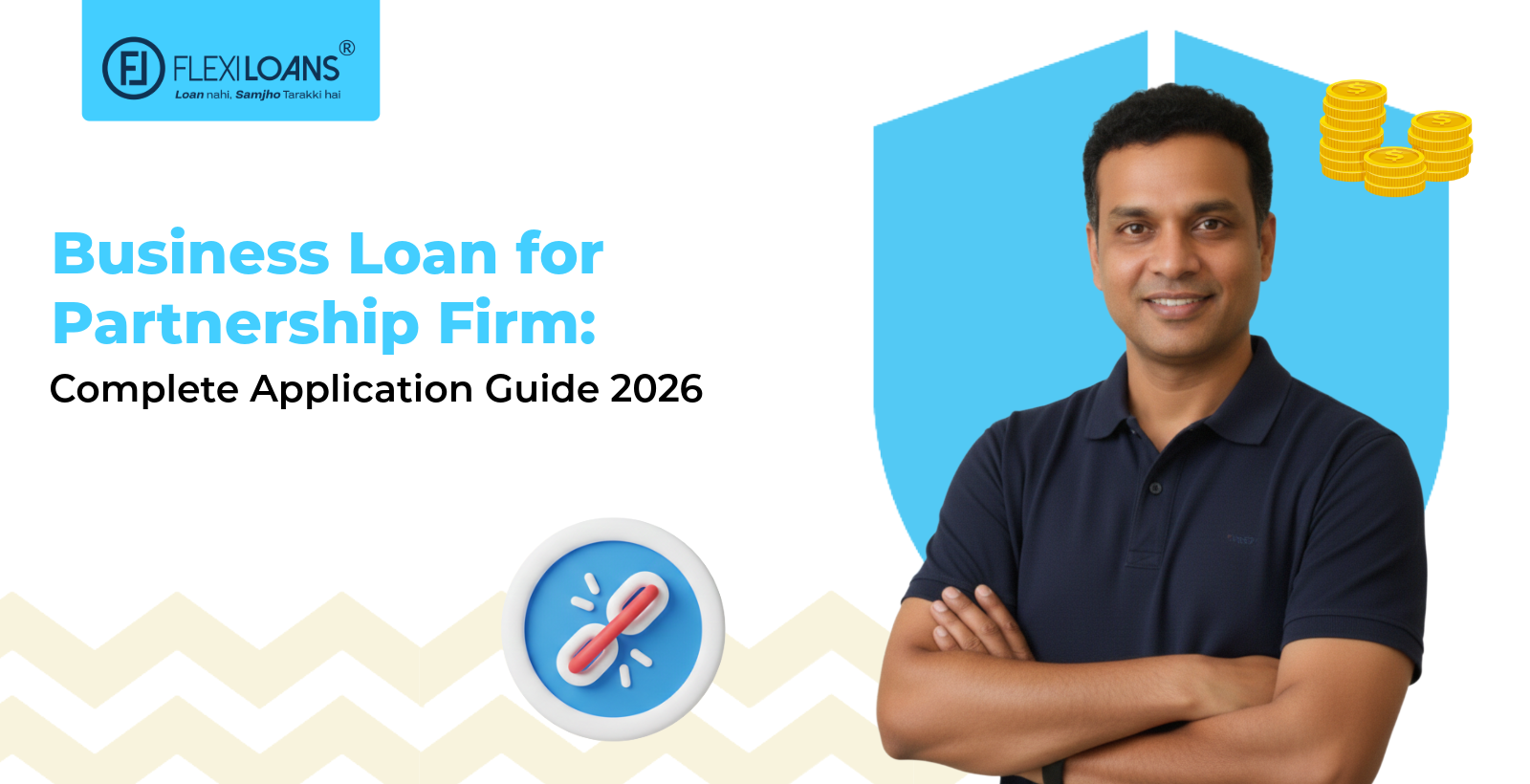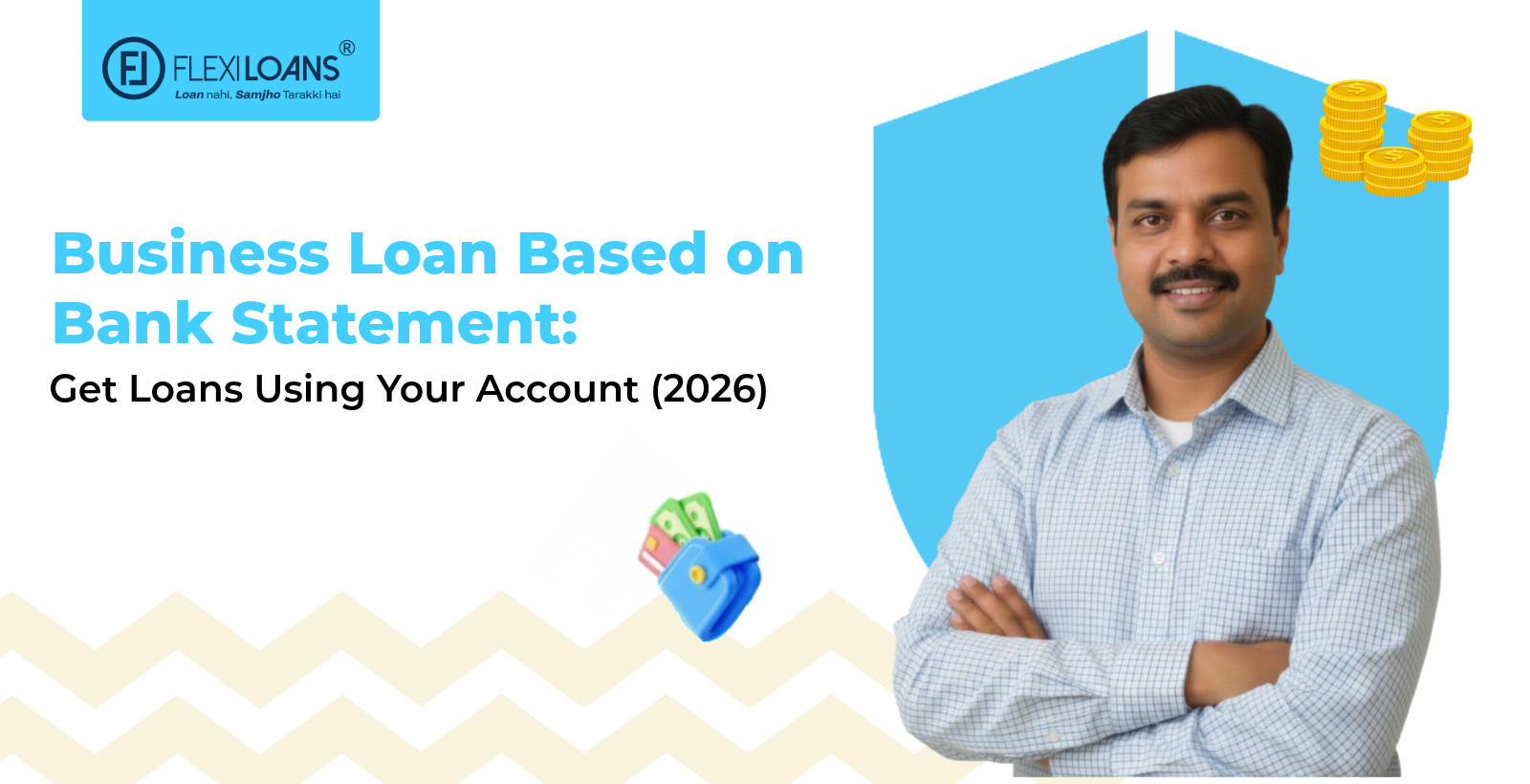May 23, 2024
Jun 23, 2025
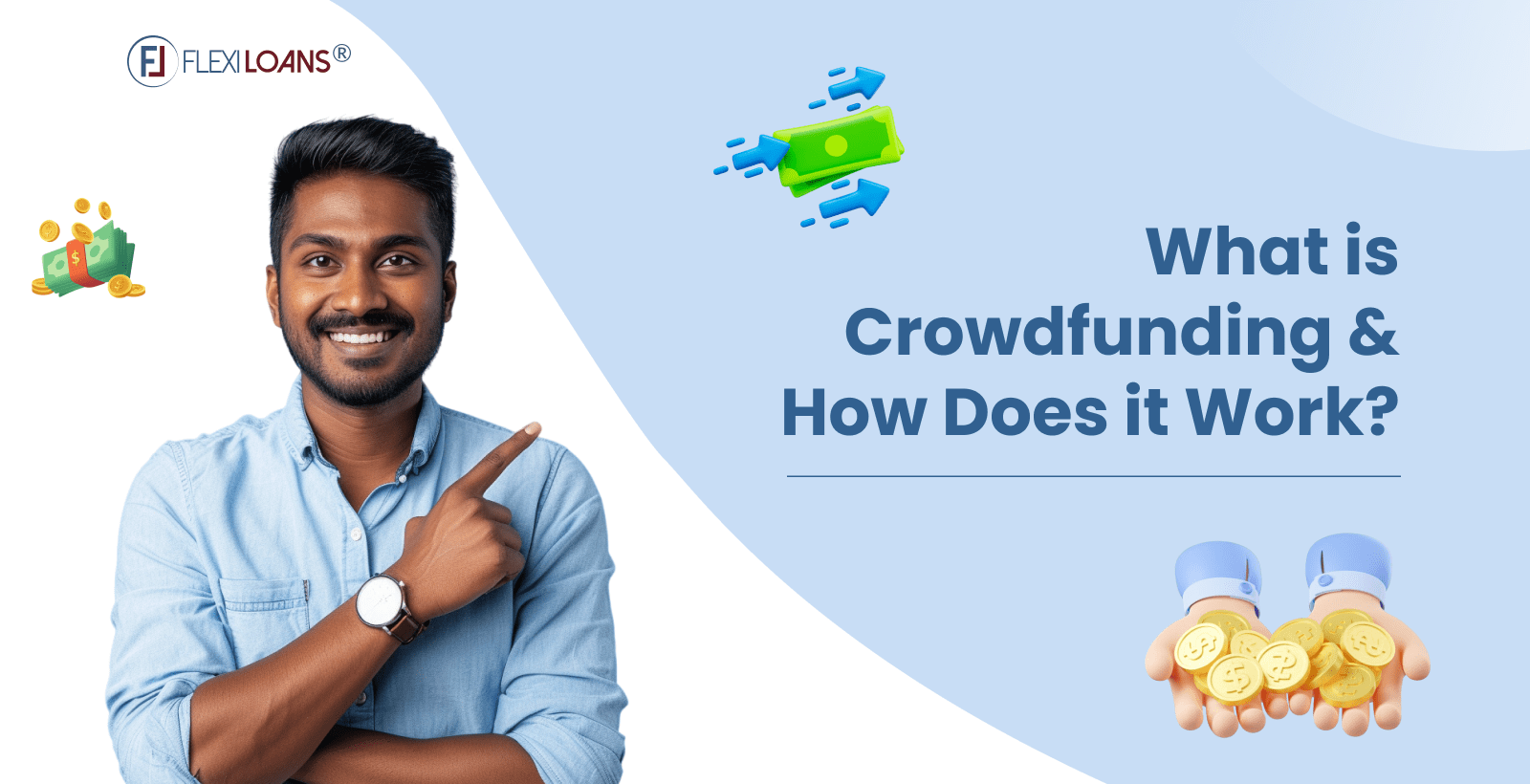
You stand at the threshold of greatness – whether you’re nurturing a groundbreaking business idea or seeking expansion for your current venture. However, the challenge of securing financing, especially without a credit history or collateral, can seem insurmountable. But fear not, for crowdfunding offers a transformative solution. In this guide, we’ll navigate the intricacies of crowdfunding, illuminating its potential to revolutionize your entrepreneurial journey. From equity crowdfunding to donation-based models, we’ll explore how these platforms empower entrepreneurs like you to bring your visions to life. With crowdfunding, barriers to traditional financing dissolve, opening doors to a new era of business growth and innovation.
Understanding Crowdfunding Platforms
Crowdfunding platforms have significantly reshaped the fundraising landscape for entrepreneurs like you. These platforms serve as digital stages, allowing you to present your business idea or project to a global audience and inviting individuals or groups to contribute financially. This democratised approach to funding eliminates barriers that traditional lenders often impose. Accessing and raising capital are pivotal for any company’s growth. While larger corporations find it relatively easy to secure investments or additional debt, smaller businesses and startups often face hurdles that impede their progress. This is where crowdfunding proves invaluable.
Crowdfunding offers entrepreneurs the opportunity to raise substantial sums, sometimes reaching hundreds of thousands or even millions of dollars, from a diverse pool of investors. It provides a platform for anyone with a promising idea to pitch it to potential investors eagerly awaiting innovative opportunities.
Benefits of Crowdfunding
1. Equity Crowdfunding:
Equity crowdfunding revolutionizes investment by allowing individuals to buy shares in early-stage companies through online platforms. Unlike traditional investment avenues, it democratizes access to investment opportunities, empowering both entrepreneurs and investors. Entrepreneurs can raise capital from a broader pool of investors, bypassing traditional venture capitalists or angel investors. For investors, it offers the chance to support innovative ventures and potentially earn returns if the company succeeds. Equity crowdfunding lowers barriers to entry, fostering innovation and entrepreneurship in diverse industries.
2. Donation-Based Crowdfunding:
Donation-based crowdfunding enables individuals or organizations to raise funds for projects, causes, or personal needs by soliciting donations from a large number of people online. Unlike traditional fundraising methods, donation-based crowdfunding typically does not offer financial returns to backers. Instead, contributors motivate themselves through altruism, empathy, or a belief in the project’s mission. This model is commonly used for charitable initiatives, community projects, medical expenses, disaster relief efforts, and creative endeavours. Donation-based crowdfunding platforms provide a user-friendly interface for campaigners to create campaigns, share their stories, and collect donations from supporters worldwide, fostering a sense of community and solidarity.
How Does Crowdfunding Work?
Crowdfunding works by harnessing the power of the internet to connect entrepreneurs or project creators with a large pool of potential backers who are willing to contribute financially. Here’s how it typically works:
1. Campaign Creation:
The entrepreneur or project creator creates a campaign on a crowdfunding platform outlining their idea, goals, and funding needs. They often include details about the project, such as its purpose, target audience, and potential impact.
2. Setting Funding Goals:
The creator sets a funding goal, which represents the amount of money needed to bring the project to life. This goal should be realistic and achievable, taking into account the costs involved in executing the project.
3. Promotion and Marketing:
Once the campaign is live, the creator promotes it through various channels, such as social media, email newsletters, and personal networks. They leverage these platforms to generate interest and attract potential backers to their campaign page.
4. Backer Contributions:
Interested individuals, known as backers, visit the campaign page and decide whether to contribute financially to the project. They can typically choose from different contribution levels or rewards offered by the creator in exchange for their support.
5. Reaching the Funding Goal:
The campaign continues to accept contributions until it reaches its funding goal or the predetermined campaign duration ends. If the goal is met within the specified timeframe, the project is considered successfully funded.
6. Project Execution:
Once the campaign concludes successfully, the creator receives the funds raised, typically minus a fee charged by the crowdfunding platform. They then use these funds to execute the project as outlined in their campaign.
7. Communication and Updates:
Throughout the project execution phase, the creator maintains communication with backers, providing updates on the project’s progress, milestones achieved, and any challenges encountered. This transparency helps build trust and engagement among backers.
8. Completion and Fulfillment:
Once the project is completed, the creator fulfills any promises or rewards offered to backers as part of the campaign. This could involve delivering products, providing services, or offering other perks as a token of appreciation for their support.
Overall, crowdfunding offers a collaborative and community-driven approach to funding projects, enabling creators to turn their ideas into reality with the support of a global network of backers.
Why Choose Crowdfunding Over Traditional Loans?
Choosing crowdfunding over traditional loans offers several distinct advantages, especially for entrepreneurs and small business owners. Here’s why:
1. Accessibility:
Crowdfunding platforms, such as FlexiLoans, provide opportunities for funding even if you lack a credit history or collateral. Traditional lenders often require stringent criteria, making it challenging for startups and small businesses to secure loans.
2. Community Support:
Crowdfunding fosters a sense of community around your business. Backers become more than just investors; they become advocates and loyal customers invested in your success. This community support can significantly enhance your brand’s visibility and credibility.
3. Flexibility:
Crowdfunding offers flexible funding options tailored to your specific needs. Whether you require a quick business loan, working capital, or funds for a specific project, crowdfunding platforms like FlexiLoans can accommodate your requirements.
4. Innovative Funding Models:
Crowdfunding introduces innovative funding models like equity crowdfunding and donation-based crowdfunding. These models provide alternatives to traditional loans, allowing you to access capital without incurring debt or giving up equity prematurely.
5. Global Reach:
Crowdfunding platforms have a global reach, allowing you to access a diverse pool of backers from around the world. This broader reach increases your chances of reaching your funding goals and expanding your network beyond geographical boundaries.
6. Market Validation:
A successful crowdfunding campaign can serve as a form of market validation for your business idea or product. If you can attract backers and meet your funding goal, it demonstrates that there is demand for what you’re offering, which can be appealing to potential investors or lenders in the future.
7. No Credit Score Requirement:
Unlike traditional loans where a strong credit score is often mandatory, most crowdfunding platforms, especially those based on rewards, don’t require entrepreneurs to present their credit scores. Whether you’re a “credit invisible” with no credit history, crowdfunding offers an alternative financing avenue to kickstart or expand your business without the hindrance of credit checks.
8. Proof of Concept:
Crowdfunding serves as a litmus test for the feasibility of your project or business idea. The rapidity and enthusiasm of donors’ contributions act as indicators of your concept’s viability and potential market demand. Achieving or surpassing campaign goals signals a strong proof of concept, bolstering investor confidence and paving the way for further growth.
9. Organic Customer Base:
By engaging backers in your crowdfunding campaign, you organically cultivate a customer base invested in your journey from inception. These donors often transition into loyal customers and brand advocates, eliminating the need for costly marketing campaigns to build customer relationships.
10. Free Marketing Opportunity:
A successful crowdfunding campaign can garner widespread attention and free publicity across online and social media platforms. Compelling campaign pages and remarkable business ideas can generate buzz, attracting both investors and customers. Tracking campaign data, including funding amounts and conversion rates, is essential to capitalize on this marketing opportunity.
11. Diverse Funding Sources:
Completing a successful crowdfunding campaign results in funding from numerous sources, providing a safety net in case of investor withdrawal. With potentially hundreds of investors, including potential angel investors for future scaling, entrepreneurs benefit from a diversified funding portfolio.
12. Cost-Effective Financing:
Crowdfunding offers a cost-effective alternative to bank loans, helping entrepreneurs avoid high interest rates and debt accumulation. While crowdfunding platforms may charge nominal fees, they often pale in comparison to the long-term costs associated with bank loans, making crowdfunding a financially prudent choice.
13. Efficient Capital Acquisition:
Crowdfunding offers a swift route to raising capital compared to traditional methods like bank loans or venture capital pitches. With campaigns typically lasting one to two months, entrepreneurs retain control over the campaign duration, expediting the capital acquisition process and enabling quicker business growth.
In essence, crowdfunding provides a flexible, accessible, and efficient means for entrepreneurs to fund their ventures, bypassing traditional financing constraints and accelerating business development.
Crowdfunding offers a more accessible, community-driven, and flexible approach to funding compared to traditional loans. By leveraging crowdfunding platforms like FlexiLoans, entrepreneurs can overcome financial barriers and accelerate their business growth with the support of a global network of backers.
It surpasses traditional financing, providing accessibility and community support worldwide. Platforms like FlexiLoans simplify loan sanctioning, making funding easy for businesses. Whether through equity or donation-based models, crowdfunding fosters innovation and collaboration, breaking barriers for creators. By leveraging global networks, it empowers visionaries and validates ideas, driving impactful change. Embrace crowdfunding with FlexiLoans to unlock business growth effortlessly. Join the revolution, and let’s shape a future of innovation and collaboration together.




